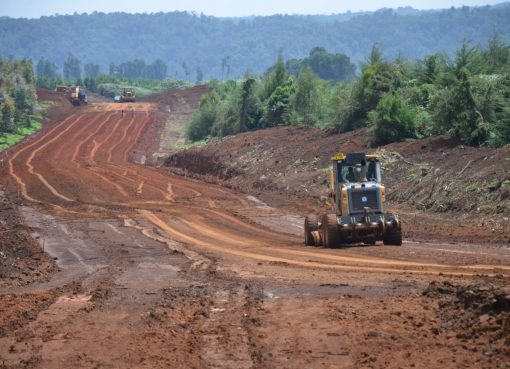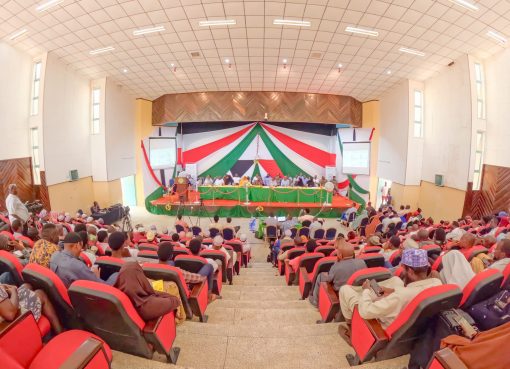The government has started honouring compensation claims lodged by victims of human-wildlife conflict in Marsabit County.
Kenya Wildlife Service (KWS) Upper Eastern Regional Director Gideon Kebati said the government has released the first batch of Sh 34,861,600 from 590 cases for the period between 2014 -2018.
Mr. Kebati said the county wildlife compensation committee was still reviewing 295 cases, which range from deaths, injuries, predation, and destruction of property caused by wild animals straying into areas of human settlement.
The regional director, who was briefing the press in his office on preparations for the forthcoming international rangers’ Day slated for July 31, said that the government attaches a lot of importance to compensation for losses incurred from human-wildlife conflict.
“The compensation claims comprise 2 deaths, 36 injuries, 155 crop damage, 11 property destruction, and 345 predation on livestock cases,” he said, adding that the support for conservation and protection of wildlife in the region is very progressive.
The annual event is held to celebrate the priceless work done by rangers in the conservation of national heritage and the environment, as well as honour those who have lost their lives in the line of duty.
Mr. Kebati thanked communities in the region for helping the service in the fight against poaching, which he said was no longer a major threat as the communities have also embraced the creation of conservancies.
“The creation of wildlife conservancies on communal lands has not only enabled good use of the rangelands but attracted support from the government and donors,” he said, adding that the wealth created from the ventures is used to create employment and fund socio-economic dimensional projects like the provision of education bursaries and the provision of water and health services.
The involvement of communities in the conservation of wildlife has also greatly helped in improving security by checking banditry and poaching activities.
The KWS has recorded only two cases of wildlife killings in the entire region in the recent past, which include a reticulated giraffe in Wajir and an ostrich in the Silikon area of Marsabit County.
Mr. Kebati added that efforts were being made to fully rally all residents in Wajir County behind the conservation and protection efforts of the unique giraffe species.
“Wajir County hosts the highest population of the reticulated giraffe at 7,000 in the whole of the country and the Horn of Africa region,” he stated, adding that it was only imperative that the safety of the heritage be prioritised.
The regional KWS head pointed out that rangers encounter a lot of challenges in their course of duty, ranging from risks of attack from poachers, in which lives have been lost, harsh terrain of operation, and attack from wild animals like elephants, lions, and reptiles.
The rangers also have to contend with a lack of clean water, contracting diseases like malaria and other animal-related infections, and long working hours due to skeleton staffing.
However, the staffing is expected to improve to optimum levels after President William Ruto recently directed that 1,500 game rangers be recruited this year.
The National Treasury is currently paying out Sh 908 million in compensation for victims and defendants of human-wildlife conflicts in 46 counties across the country for claims made between 2014 and 2018.
By Sebastian Miriti





